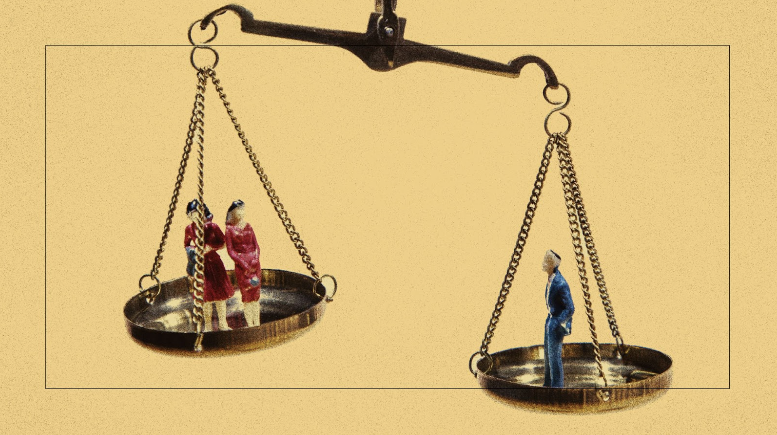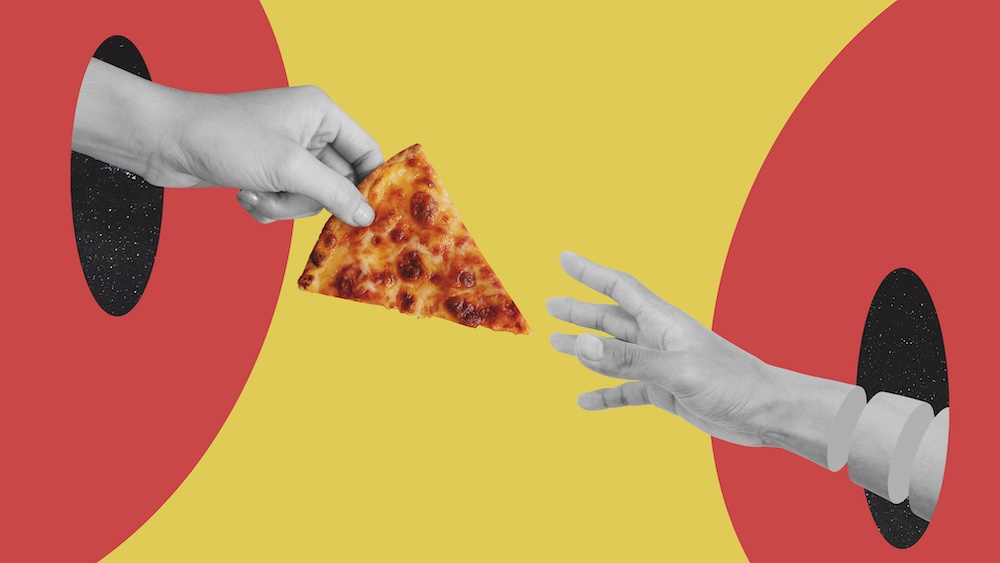Elizabeth Gilbert
Elizabeth Gilbert, JD, PhD, is Head of Research at PsychologyCompass, which merges psychology and technology to help people develop habits to improve their mental well-being and performance. Her research expertise is in social cognition and sense-making. Her interests are broad, and she loves all things science, from astrophysics to zoology.

People who score high in "obsessive passion" can become rigidly consumed by ideological causes — sometimes dangerously so.
Recent high-profile instances of fraud in psychology have led some to wonder if there's anything useful about the field at all.
Simple "nudges" to remind people to show up for court could help keep thousands out of jail.
Are fools happy and geniuses disorganized — or is that a mistaken stereotype?
The lack of friendship is particularly a problem for men. But there are easy ways to make friends.
Financial setbacks are more common than you might think.
Talking about money with loved ones is awkward. Here’s how to do it.
Some experiences continue to pay dividends time and time again.
Personal finance advice is often over-simplified and fails to consider economic research or people’s unique circumstances.
These 5 research-backed tips can turn bad habits into financial gain.
"Downward counterfactual thinking" — that is, imagining how things could be worse — is a quick and easy way to boost your well-being and gratitude.
By exposing people to small doses of misinformation and encouraging them to develop resistance strategies, "prebunking" can fight fake news.
It's perhaps never been harder to resist the urge to overspend.
Something doesn't add up.
More than half of Americans feel anxious over their financial situation.
The same brain differences that contribute to left-handedness also contribute to psychotic disorders. But there's a bright side.
When you hold yourself financially accountable, you’re likely to gain more than just some extra money.
Science doesn't fit neatly into ideology.
Willpower alone likely isn't enough to replace a bad habit with a good one.
Instead of a mental illness, some research suggests that psychopathy — in moderation — is a reasonable life strategy.
Independent of cultural background, people seem to share a sense of what makes certain color combinations aesthetically pleasing.
In the pursuit of happiness, money probably trumps meaning.
It is normal for parents to experience intrusive thoughts about harming their children. Don't let the thoughts worry you.
Kids' underdeveloped brains seem to help them acquire new languages with little effort.
Personality is not set in stone. If you don’t like some aspect of it, you can work to change it — "fake it till you make it."

























